
As my Sabbatical draws to a close, so too does this blog. I’ve enjoyed this exercise of exposing myself, but it’s not something I’m likely to continue. It’s too revealing. This may surprise those of you who know me to be rather vocal with my opinions.
 I remain determined to speak truth to power and to name the things I believe, regardless of how unpopular they might be – and I’ve tried to be true to my voice in these missives – but now that I’m older, I’m not always so sure of myself. I’m not as convinced by my own arguments as I used to be…
I remain determined to speak truth to power and to name the things I believe, regardless of how unpopular they might be – and I’ve tried to be true to my voice in these missives – but now that I’m older, I’m not always so sure of myself. I’m not as convinced by my own arguments as I used to be…
You may have noticed that I like to use quotations. And while searching out some memes to illustrate this blog, I came upon hundreds of sayings exhorting us not to doubt ourselves. But this kind of bumper sticker wisdom misses the point of doubt. Applied wisely, self-doubt can ensure the ongoing integrity of our core convictions. Without a willingness to doubt oneself, it is nearly impossible to question and let go of long-held beliefs that no longer serve us. The humility and possibility that comes from careful discernment and righteous doubt is invaluable. And the weightiness of authentic doubt can serve as ballast to our self-confidence – keeping ego in its good and rightful place, as motivator not sustainer.
All this to explain why I don’t think I can sustain this practice of writing opinion pieces.
I have also found it to be somewhat unnerving to be so public with my thoughts and ideas. Not public, exactly – I’m fairly comfortable in the public eye – it’s the black-hole that is the internet kind of public that freaks me out. I don’t assume that many people read this blog, but the thing about the internet is that once it’s out there it’s out there forever, and there is everywhere. Isn’t that kind of creepy?
Still and all, I have found the practice of writing to be really satisfying. Also, extremely difficult. I wasn’t able to maintain the discipline necessary to write as much or often as I intended. The six-week writing workshop I took early in my sabbatical was a high point for me. The Fernwood Writers Workshop in Victoria uses the Amherst Writers & Artists (AWA) method, wherein you basically just show up and write. You read what you’ve written to the group, and people tell you what they liked about it. No critiques, no corrections, no advice. It blew my mind. It was a much-needed break from the demanding, analytical, problem-solving mode in which I usually function.
That said, I’m feeling ready to get back to that mode. I am extremely grateful for this time off – but I have a unique job for which I feel I am uniquely suited, and I am eager to return to work. I will, however, make a few adjustments to my routine, thanks to this sabbatical. I plan to stop multi-tasking so much. While I value being organized and efficient, I think there is something to be said for doing important things one at a time – it has something to do with being present. I also plan to start journaling (again), and hope to take some more writing AWA workshops.
Finally, having played with the concept of intersectionality in this blog, I feel inspired to keep looking for the differences among us, rather than between us. I continue to feel called to explore the ways in which the various aspects of my work (church, activism, capitalism, social justice, affordability, security, tradition, marketplace, technical details, wealth, impressions, disruptions, facts, faith….) are interconnected and should be examined based on their relationships with one another. This feels like a natural extension to my life’s work, and I’m looking forward to this new chapter. Wish me luck!
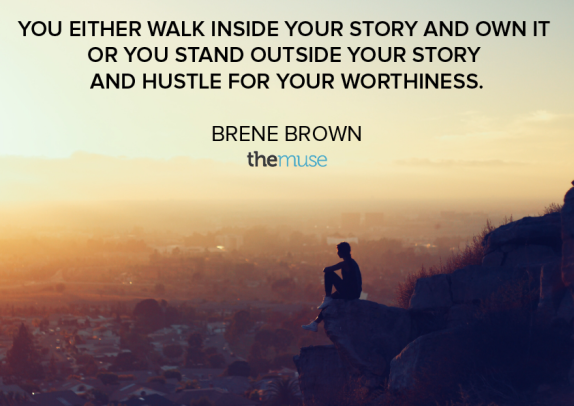


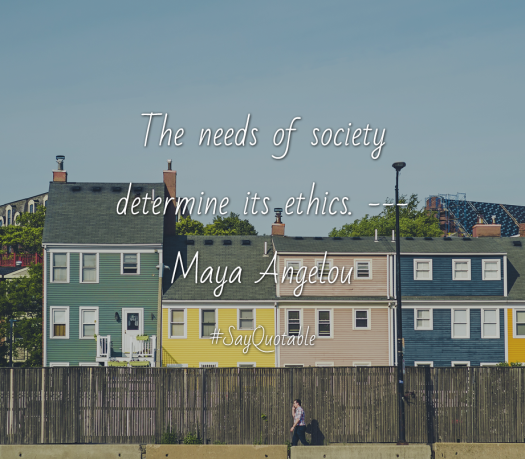 I live in the West End of Downtown Vancouver. I rent a small apartment — less than 700SF. I have two bedrooms, with one serving as my office. I pay $2,400 a month. Up until recently, my partner and I were paying about $1,700 a month toward a mortgage on a 2,500 SF family home in Langford (a suburb of Victoria), and earning equity with every payment. So, to me, $2,400/month in rent is not affordable. And yet, I can — technically speaking — afford it. This is because my ability to afford something is less about the price of it then it is about my household income. In other words, affordability is subjective.
I live in the West End of Downtown Vancouver. I rent a small apartment — less than 700SF. I have two bedrooms, with one serving as my office. I pay $2,400 a month. Up until recently, my partner and I were paying about $1,700 a month toward a mortgage on a 2,500 SF family home in Langford (a suburb of Victoria), and earning equity with every payment. So, to me, $2,400/month in rent is not affordable. And yet, I can — technically speaking — afford it. This is because my ability to afford something is less about the price of it then it is about my household income. In other words, affordability is subjective. With these valuable financial assets, some entrepreneurial thinking, and the right kinds of partnerships, we are in a position to redevelop property — and do it without maximizing profit! Indeed, our redevelopment projects won’t make as much money as they would if we were to hike the rents as high as the market would allow — but they will make enough money to meet financial/debt obligations of the redevelopment as well as our congregational renewal objectives.
With these valuable financial assets, some entrepreneurial thinking, and the right kinds of partnerships, we are in a position to redevelop property — and do it without maximizing profit! Indeed, our redevelopment projects won’t make as much money as they would if we were to hike the rents as high as the market would allow — but they will make enough money to meet financial/debt obligations of the redevelopment as well as our congregational renewal objectives.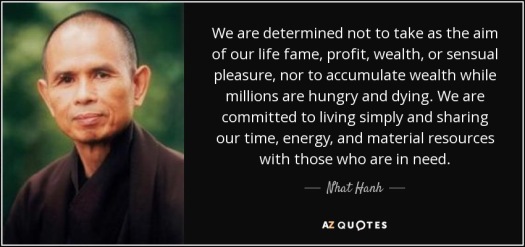
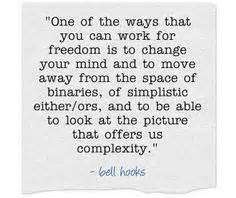


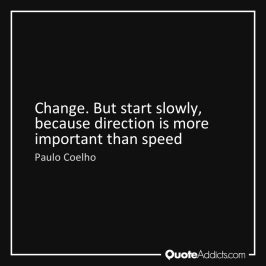 I’ve always used self-imposed deadlines as a time-management technique, but since it’s me who imposed them, I can un-impose them, right? I can change the pace of my day, embody what writer Christina Baldwin calls the pace of guidance. “In a world of speed and distraction, pace of guidance invites us to combine the practices of measured movement and listening”.
I’ve always used self-imposed deadlines as a time-management technique, but since it’s me who imposed them, I can un-impose them, right? I can change the pace of my day, embody what writer Christina Baldwin calls the pace of guidance. “In a world of speed and distraction, pace of guidance invites us to combine the practices of measured movement and listening”.
 mixed-use facilities that feature housing and a multi-purpose church space).
mixed-use facilities that feature housing and a multi-purpose church space).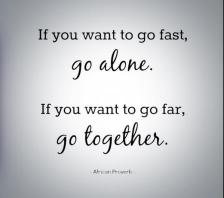 ere our original vision has taken shape and a detailed plan is being executed. It has taken a lot of effort, time and money to get here. It happened because, among other things, a bunch of people trusted each other and kept working together through the ups and downs. We remained focused on our goal, despite setbacks, and stayed open to various ways and means of achieving it. We learned not to see these aspects of the process as contradictory, but as complementary, interconnected, and mutually beneficial.
ere our original vision has taken shape and a detailed plan is being executed. It has taken a lot of effort, time and money to get here. It happened because, among other things, a bunch of people trusted each other and kept working together through the ups and downs. We remained focused on our goal, despite setbacks, and stayed open to various ways and means of achieving it. We learned not to see these aspects of the process as contradictory, but as complementary, interconnected, and mutually beneficial.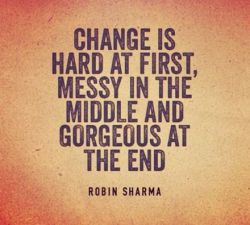 It’s been an emotional time for me and my partner, our kids and their other parents — our very own “Modern Family”. For two years we’ve been planning and wondering — plondering I guess you could say — and we’re all feeling stretched thin, like silly putty.
It’s been an emotional time for me and my partner, our kids and their other parents — our very own “Modern Family”. For two years we’ve been planning and wondering — plondering I guess you could say — and we’re all feeling stretched thin, like silly putty.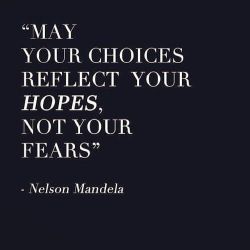 What will our family in diaspora look like? Who knows? We haven’t followed the nuclear family template so far, and we’re not going to start now. As always, we will strive to have faith in the unfolding.
What will our family in diaspora look like? Who knows? We haven’t followed the nuclear family template so far, and we’re not going to start now. As always, we will strive to have faith in the unfolding.
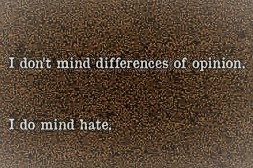 comfortable (!!) but working with folks who are different than I am – who are shyer, older or younger, more religious, straighter, richer or poorer, more relaxed, less communicative, browner, better educated, and more conservative than I– well, this just makes my work more interesting.
comfortable (!!) but working with folks who are different than I am – who are shyer, older or younger, more religious, straighter, richer or poorer, more relaxed, less communicative, browner, better educated, and more conservative than I– well, this just makes my work more interesting. background is in Communications. I am currently
background is in Communications. I am currently